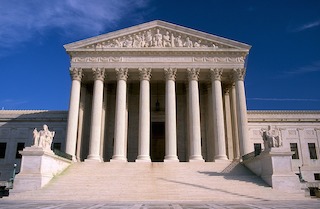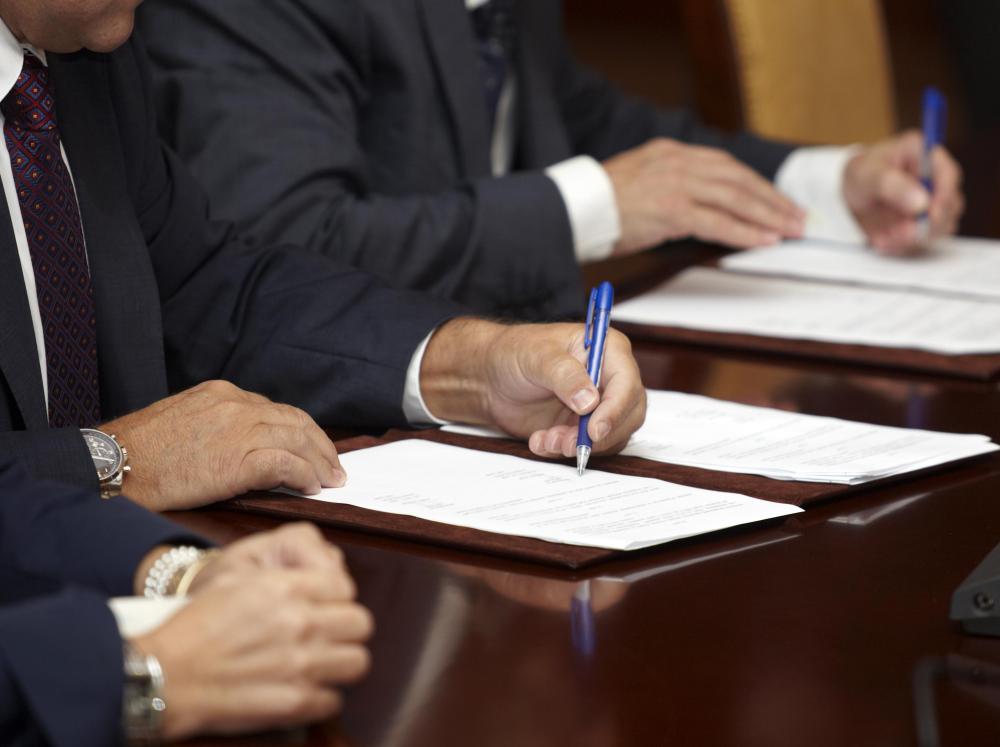The Ultimate Guide To Who Is A Lawyer And What Do They Do
What Does What Do Lawyers Study Do?
You obtain laid off to do ordinary stuff a whole lot, literally in a Click here for info little room on your very own, surrounded by boxes of records to iron out, she states. "You are, obviously, well paid, so amongst junior legal representatives and also students there is the sensation that we're well spent for a factor ie, to be in the workplace whenever required." The pay is certainly high.
Also a common Magic Circle starting salary is 85,000, even more than 3 times the national ordinary UK wage. High pay for the purpose of it apparently leaves millennials cold, however. Nico Beedle, a young partner at boutique law office Merali Beedle, states he disliked the absence of economic reward at his previous company, a worldwide law office.
The firm Mr Beedle currently works in uses its lawyers on a consultancy basis, which allows staff members to have complete control over the hours they function in exchange for a varying income. The compromise, he says, is in between the safety and security of a fixed wage as well as the freedom of versatile working.
Nico Beedle favors the versatility of working on a working as a consultant basis Anna Gordon Working as a consultant EY has discovered that millennials may be more probable to select the previous alternative they prize flexible working greater than any type of various other generation as well as traditional law practice have actually started to keep in mind. Undoubtedly, they are filtering this millennial-attractive method throughout their organisation.
Our Where Do Lawyers Work PDFs
It is staffed by legal representatives who have actually chosen a much better work-life balance than is typically demanded by the company, in exchange for a cut to their pay. The company says it has actually verified remarkably preferred with personnel. "It amazed us that a few of our fantastic legal representatives asked to move to the Rockhopper program," says James Davies, joint head of the firm's employment legislation technique.
Elderly Lewis Silkin attorney Denise Tomlinson functions remotely from the south of France. She defines "a big mindset shift" in lawful circles as well as a newly found regard for those who remain in the millennial style "not motivated by condition or cash"." It made use of to be that if you were an elderly legal representative owlguru.com/career/lawyers/job-description/ of 10 years-plus who had not made companion, you were viewed as a little bit of a failure," she says.
New York lawyer Michael Cohen made headings once again after exposing that he privately videotaped conversations between himself and his customer, President Donald Trump. Commentators have actually fasted to denounce this actions as underhanded. Cohen tape-recorded the conversation in New york city, which is a one-party approval state. N.Y. Penal Legislation Sections 250.00, 250.05.


Such conduct would certainly be unlawful in The golden state, which is a two-party approval state. Cal. Penal Code Section 632. But legitimacy apart, taking into consideration a lawyers fiduciary partnership with his/her clients, is such behavior dishonest Not an Instance of Impression Although an attorney privately tape recording a client is absolutely unusual, it is not extraordinary.
The 6-Second Trick For Where Do Lawyers Work
In The golden state, in the 1960s, Formal Point Of View 1966-5 (1966) examined the situations under which The golden state lawyers might tape document conversations. Much of the viewpoint focused on the lawful restrictions versus privately taping others without permission that held at the time. It did end, however, that unlawfully tape-recording innocent 3rd parties would certainly also be underhanded-- an evaluation similar to what we would certainly perform today in a two-party approval state.
Covert Customer Recording in New York In Michael Cohen's residence state of New York, values opinions over the years have discussed whether lawyers who secretly record discussions with others, while legal, are dishonest. The New York City State Bar Organization Committee on Specialist Ethics in Opinion # 328 (1974 ), on the topic of Justness as well as candor; Secret recording of conversation, ended that "other than in special scenarios," it was improper for an attorney that is participated in private method "to digitally record a conversation with one more attorney or any other individual without very first advising the various other event." In discussing their rationale, they noted that even if clandestine recording of a discussion is not illegal, "it offends the standard high requirements of justness and candor that need to define the practice of regulation as well as is inappropriate" (other than in unique situations, "if sanctioned by specific legal or judicial authority"). At the time Opinion # 328 was released, secretly tape-recording telephone call had been considered and evenly refuted by other ethics boards in different jurisdictions, with only one exemption that was not talked about in any detail.
This opinion held that as an issue of "routine technique," a legal representative "may not tape record discussions without disclosing that the conversation is being taped. An attorney may, nonetheless, involve in the unrevealed insulation of a discussion "if the legal representative has a practical basis for believing that disclosure of the taping would certainly harm search of an usually approved social excellent." Opinion 2003-02 modified two earlier point of views: NY City 1980-95 and 1995-10. Notably, the bar association recognized that "The fact that a technique is legal does not necessarily make it honest." They kept in mind that at the time of the opinion, unrevealed taping was prohibited in a significant amount of jurisdictions, backing up to their conclusion that this was a technique in which attorneys need to not readily involve.
Bar in Ethics Viewpoint 229, Surreptitious Tape Recording by Lawyer, analyzed a reality pattern where a lawyer secretly tapes a conference with a client and also agents of a government firm who are exploring the client. The viewpoint concluded that such surreptitious recording was not dishonest, as long as the legal representative "makes no affirmative misstatements about the insulation." The viewpoint reasoned that not only needs to the company fairly not anticipate any type of preliminary phase conversations would be private, however that they "ought to anticipate that such conversations will certainly be memorialized in some fashion by the explored event's lawyer and that the record made might be utilized to sustain a case against the agency." Relating to pertinent honest guidelines, Point of view 229 analyzed the reality pattern under Rule 8.4 (c) (misbehavior including dishonesty, fraud, deception or misstatement).
Some Of Where Do Lawyers Work
Criterion from Other States The D.C. Bar mentioned opinions from numerous various other states that had concluded it was not unethical for legal representatives to privately videotape their customers. They keep in mind that the Idaho bar opined that although lawyers may not privately record telephone discussions with various other lawyers or prospective witnesses, they might tape discussions with their own customers because these conversations were personal (citing Idaho Op.
130 (Might 10, 1989)). They likewise mentioned the Utah Bar, which held that legal representatives may surreptitiously tape online or mechanically interactions not only with customers, yet likewise with witnesses or various other lawyers (pointing out Utah Op. No. 90, undated). Practical Considerations The Texas Facility for Legal Ethics dealt with the lawyer-recording-client question in 2006.
After citing other principles viewpoints on the issue, Viewpoint 575 cited what they think about to be legitimate reasons a legal representative could choose to tape-record a phone conversation with a customer or 3rd party. These include "to help memory as well as keep a precise document, to gather details from potential witnesses, as well as to protect the lawyer from false accusations." They identify the principles policy at issue is Regulation 8.04( a)( 3) of the Texas Disciplinary Policy of Expert Conduct, which specifies in relevant component that an attorney will not "engage in conduct entailing dishonesty, scams, fraud or misstatement." The issue is whether the unrevealed videotaping a phone call breaks this provision.
ABA Formal Opinion 01-422 (2001 ), Digital Recordings by Legal Representatives Without the Knowledge of All Individuals, https://www.quora.com/What-sort-of-things-does-one-do-as-a-lawyer-on-a-daily-basis states, "A lawyer who digitally tapes a conversation without the understanding of the various other celebration or parties to the discussion does not always violate the Design Policies." (Focus included.) Point of view 01-422 also states that a legal representative might not "record discussions in offense of the law in a territory that forbids such conduct without the consent of all events, neither wrongly stand for that a discussion is not being recorded." In reaching this final thought, the ABA board took out one of their prior point of views, Formal Opinion 337 (1974 ), which discovered that fairly, legal representatives can not tape their discussions with others, except perhaps in situations including police workers.
